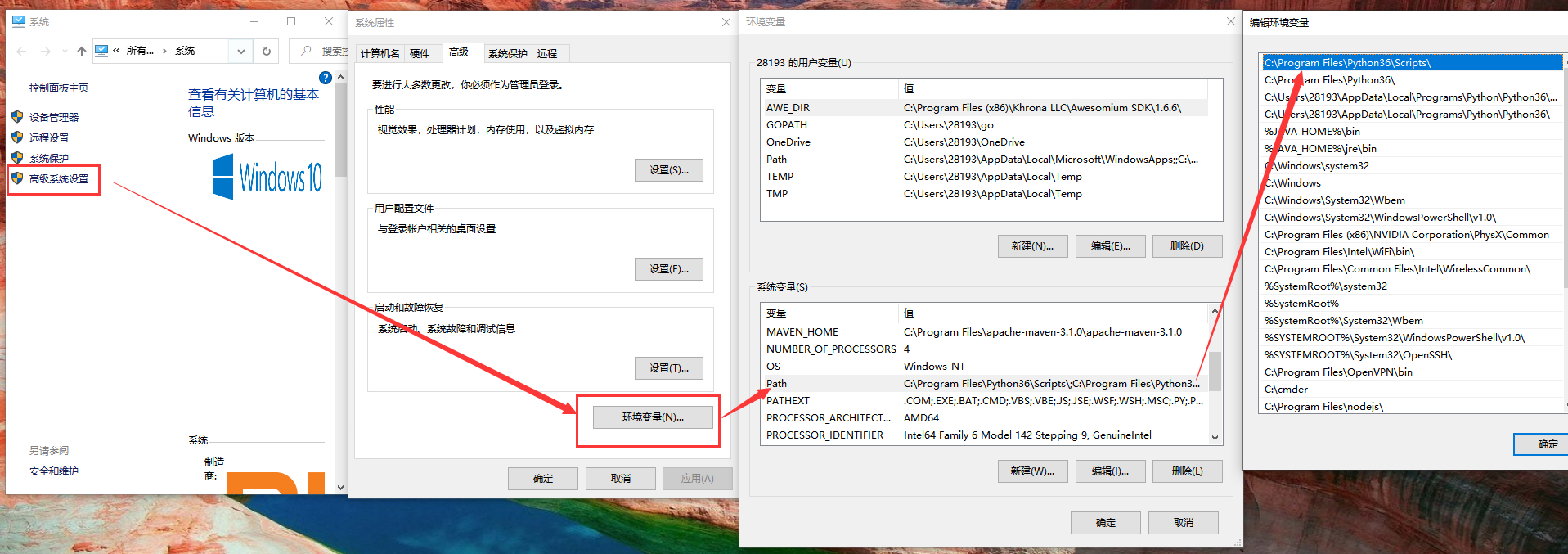

Use this option multiple times to specify multiple abis supported by the target interpreter. If not specified, then the current interpreter abi tag is used. Only use wheels compatible with Python abi, e.g. Use 'py' to force implementation-agnostic wheels. If not specified, then the current interpreter implementation is used. Only use wheels compatible with Python implementation, e.g. A major-minor version can also be given as a string without dots (e.g. The version can be specified using up to three dot-separated integers (e.g. Defaults to a version derived from the running interpreter. The Python interpreter version to use for wheel and "Requires-Python" compatibility checks. Use this option multiple times to specify multiple platforms supported by the target interpreter. Defaults to the platform of the running system. Use -upgrade to replace existing packages in with new versions.


By default this will not replace existing files/folders in. Can be used in combination with -ignore-installed to 'resolve' the requirements. dry-runĭon't actually install anything, just print what would be. setuptools "develop mode") from a local project path or a VCS url. By default, pip only finds stable versions. Include pre-release and development versions. no-depsĭon't install package dependencies. c, -constraint Ĭonstrain versions using the given constraints file. Install from the given requirements file. Pip also supports installing from "requirements files", which provide an easy way to specify a whole environment to be installed.

whl): pip install -find-links url|path/to/file Install packages from an URL or local file archive (.tar.gz |.Install packages listed in a file: pip install -requirement path/to/requirements.txt.Install a specific version of a package: pip install package_name= package_version.Install a package: pip install package_name.Description of pip install command Examples (TL DR)


 0 kommentar(er)
0 kommentar(er)
